Updated December 4, 2024
If you use public Wi-Fi at home and abroad, a VPN subscription is a wise and worthy investment. If you’re new to the world of VPNs, read on for a simple guide on what a VPN does, what to look for in a VPN service, and why you need a VPN when you travel.
Table of Contents
What is a VPN?
A VPN, or Virtual Private Network, is a simple piece of software that keeps your internet activity secure and private.
What does a VPN do?
- A reliable VPN service connects your device to a server within its worldwide network and creates a secure tunnel between your device and the internet.
- It hides your IP (Internet Protocol) address, so no one knows your identity or where you’re located.
- It encrypts your internet traffic. No one can read, understand, or track your online activity, intercept your data, or route you to phishing pages. It’s much more difficult for online advertisers to track and profile you.
How to connect to a VPN in 3 easy steps
A VPN is easy to use, even for those who find technology challenging. With these three easy steps, you’re on your way to safe and secure use of the internet.
1. Choose a service
Choose a reliable VPN service that meets your needs. Do so before a trip. Annual and multi-year plans are more affordable than monthly subscriptions. Besides, a VPN is useful at home whenever you use public Wi-Fi.
2. Download the software
Download the software provided by your VPN host. Log in through your VPN app.
3. Connect to a server
Click ‘connect’ (or your VPN host may have a ‘quick connect’ to a recommended server). Accept the recommendation or choose one yourself from the list of worldwide servers. The VPN host will locate the IP address of the recommended or selected server and connect your device.
An encrypted VPN tunnel is created between your device and the server. It becomes a conduit for all your internet traffic. Your encrypted activity is sent to the websites you’re attempting to access. The websites see the VPN server’s IP address, not the IP address where you’re located.
Why you need a VPN when you travel
A VPN preserves your online anonymity, protects your privacy, and keeps your personal information secure. It also provides access to geographically restricted content. These are the main reasons for using a VPN.
1. A VPN encrypts your data
Cybercriminals can easily exploit unencrypted networks at hotels, coffee shops, airports, shopping centres, on flights, and other public Wi-Fi locations.
With a VPN, all of your activity is encrypted. This provides you with the security to enter passwords, monitor bank and credit card accounts, apply for an e-visa, or book and pay for travel online with a credit card. You can securely transfer files or manage email and social media accounts.
2. A VPN masks your IP address
Internet traffic travelling through an encrypted VPN tunnel is protected from the prying eyes of hackers, cybercriminals, businesses, governments, and a user’s internet service provider (ISP). The IP of the remote server is visible, but your IP address is hidden from view.
3. No one can see what you’re doing online
Nobody can monitor your activity or steal your data. This includes your ISP provider, who might be inclined to throttle your speeds if you’re engaged in data-intensive activities such as streaming HD-quality videos.
4. A VPN circumvents internet censorship and restrictions
Some countries use internet censorship to prevent access to sites such as foreign news sites, Google, Facebook, Skype, WhatsApp, and YouTube. Streaming services can also be blocked to prevent access to certain films, TV shows, and music.
Also, your IP is used by various services to determine your location. If you’ve ever been confronted with the message that “this content is not available in your country,” you’ve likely tried to access sites such as YouTube, the BBC (British Broadcasting Company), or Netflix. With a different IP address and the appearance that you and your device are in another country, it’s possible to access this type of region-restricted content. In other words, if you’re in Europe and your Netflix subscription is from Canada, connect to a server located in Canada via your VPN.
5. Cheaper travel costs
A VPN may lead to cheaper flights and accommodation. The VPN service doesn’t save cookies, so websites aren’t aware that you’ve already checked prices for specific dates and use this information to increase prices.
Using a remote server in the destination country may make prices cheaper than those advertised to users in your home country.
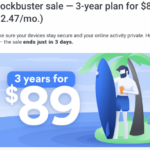 What to look for in a VPN service
What to look for in a VPN service
When I stumbled across the offer of a three-year plan for USD 89 from NordVPN, it was time to hit the research trail. Affordability was one thing, but how did the company measure up to other VPN services? This is what I learned about what to look for in a VPN service.
1. Number of servers
A reliable VPN needs to have many servers to allow many users to connect. It needs to handle all that encrypted traffic. More servers mean users get more bandwidth and faster speeds when connected.
2. Servers in many countries
The closer the server, the more responsive the connection. A server in another country is an advantage when overcoming geo-blocking restrictions where they exist.
3. Compatibility with devices
Whether iOS or Android, Windows or Linux, the service needs to be compatible with your current and future devices.
4. Number of connected devices
The ability to connect all devices at the same time is an important consideration. Many users travel with more than one device, and family groups invariably have several devices. Some VPN services limit how many devices can be connected.
5. Privacy policy
Different VPN services have different policies on what data they keep. Check what user data is kept and for how long.
6. Kill Switch
If a VPN connection accidentally drops, a Kill Switch feature blocks a device from accessing the internet.
7. Access to streaming services
Some VPN services are recognized as an ‘anonymous proxy tool’ and, as a result, blocked by streaming services. If access to streaming services is an important consideration, look for a VPN provider that specifically advertises this feature.
8. Price
The price of a VPN subscription to a reputable VPN service can be expensive. Fortunately, the longer the plan (two or three years), prices are cheaper. Black Friday and Cyber Monday sales, special deals, and signing up through rebate sites can result in lower subscription rates.
9. User and tech reviews
Trusted tech sites offer detailed comparisons of the major VPN providers.
NordVPN: my VPN of choice
These are the key reasons I chose NordVPN:
- high rating from several reputable tech sites
- over 6,500 ultra-fast VPN servers in 113 countries (in 2024)
- consistently outranks other VPN providers on connection speeds
- user-friendly, very easy to set up and use
- unlimited bandwidth
- military-grade encryption
- rated by Cyber News as the safest VPN service
- Kill Switch protects data
- zero log policy means no collecting, tracking, or sharing of personal data
- up to six devices can be connected at the same time, meaning an account can be shared with travelling companions or family members
- uninterrupted streaming with no buffering
- unblocks Netflix, Prime Video, and Disney+
- compatible with most systems, including iOS, Android, Mac, Windows, and Linux
- 24/7 support
- 30-day money-back guarantee
Another attractive feature of NordVPN is that promotions offering significant savings aren’t limited to new customers. When my last subscription was set to expire on January 20, 2025, I renewed it with a 2024 Cyber Monday promotion involving a 75% discount and three months free on a two-year plan. This extended my expiry date to April 19, 2027.
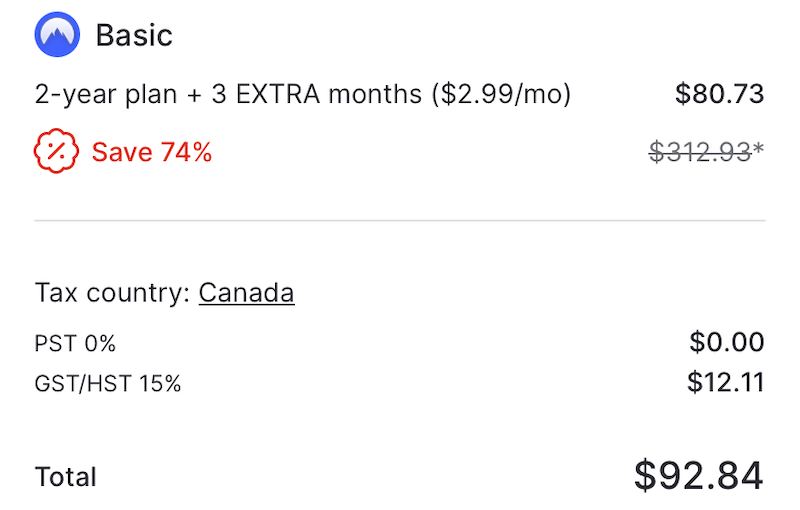
A VPN is a game-changer for travellers and digital nomads
A VPN changed my online habits. I limited my online presence in public locations to quickly checking emails and social media, and not much else without a VPN. Having NordVPN boosted my confidence in using the internet in ways that mirrored how I use it from my secure Wi-Fi network at home. I check bank and credit card accounts, purchase travel online using a credit card, and access all other accounts and surf the internet with confidence.
The expansion of remote work and WFH (working from home) due to the global pandemic has led to increased numbers of digital nomads who combine work and travel. Secure access to the internet is a must for people who draft contracts, forward work products, send invoices, receive funds, and file taxes.
In today’s digital world, a VPN is a vital element of cyber security and an essential tool for travellers. Unfortunately, many users remain oblivious to the actual dangers of open Wi-Fi networks. If you travel frequently and need to be online, a reliable VPN is an invaluable privacy and security tool.
If you found this post helpful, please share it by selecting one one or more social media buttons. What are your thoughts on travelling with a VPN? Please add to the discussion in the comments. Thank you.
Pin this post for later?

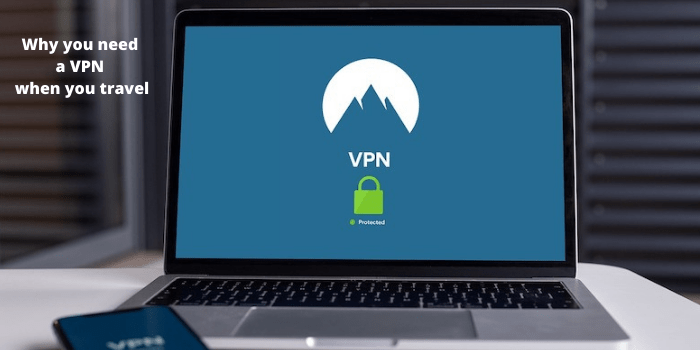
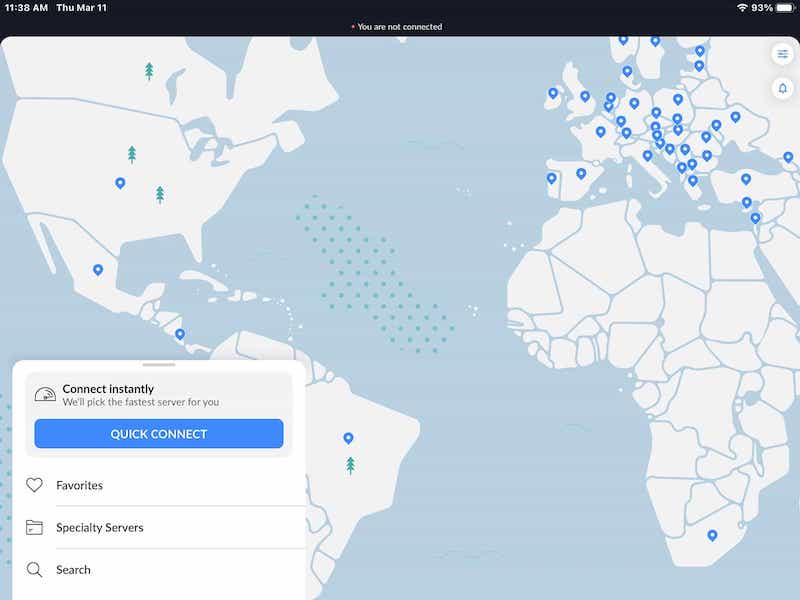
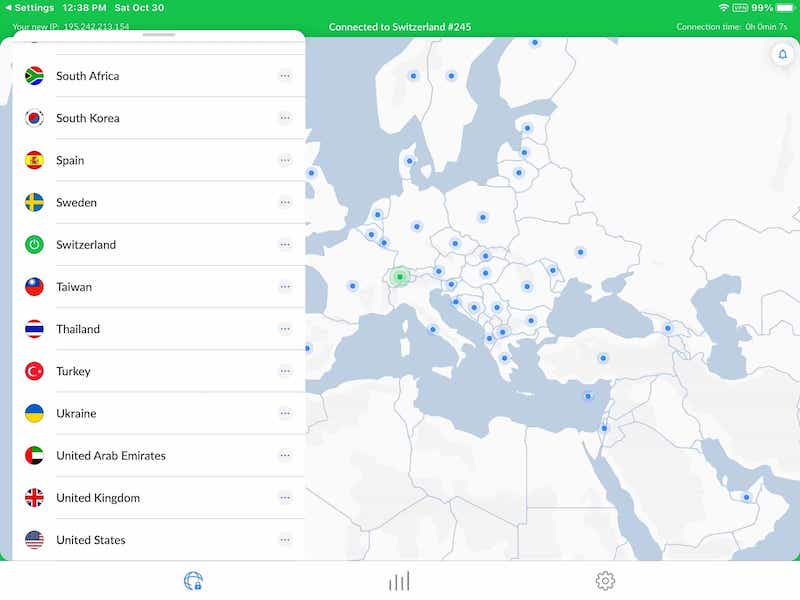
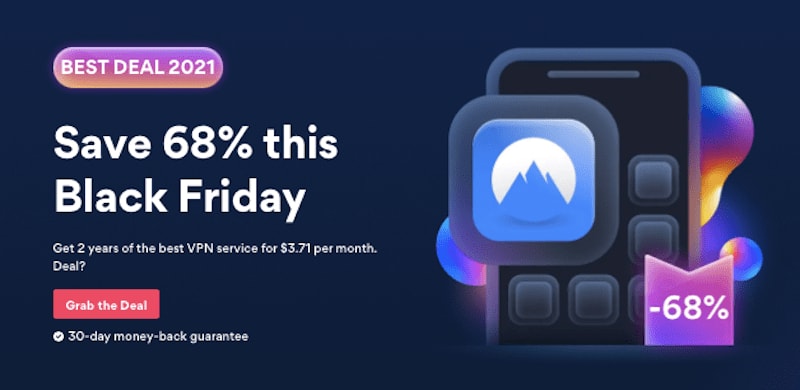
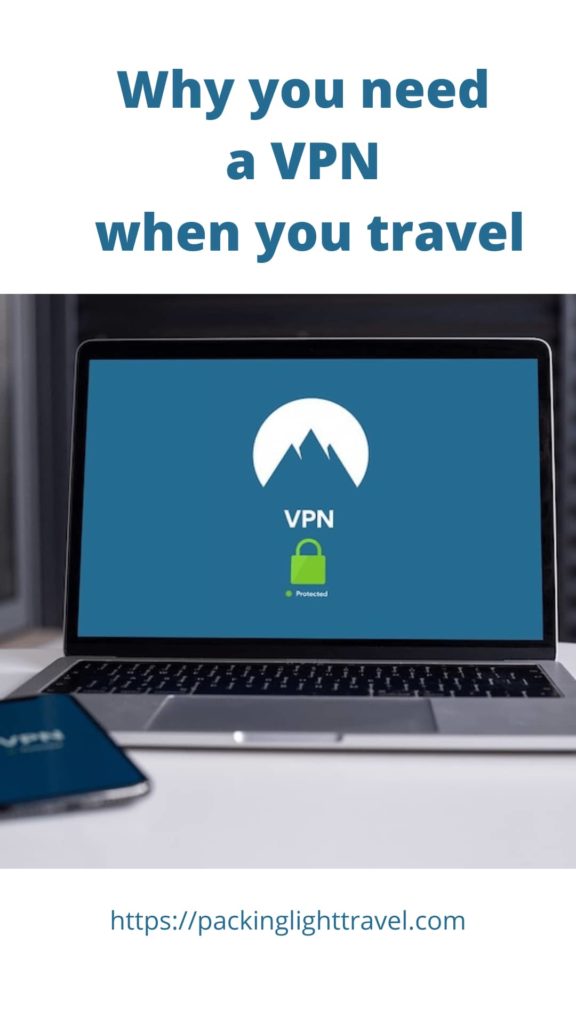


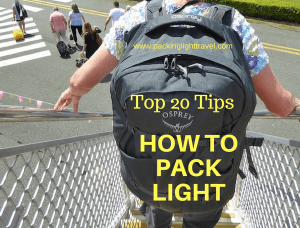

Great information. I did not know about VPN and how safe it can make my internet usage while traveling.